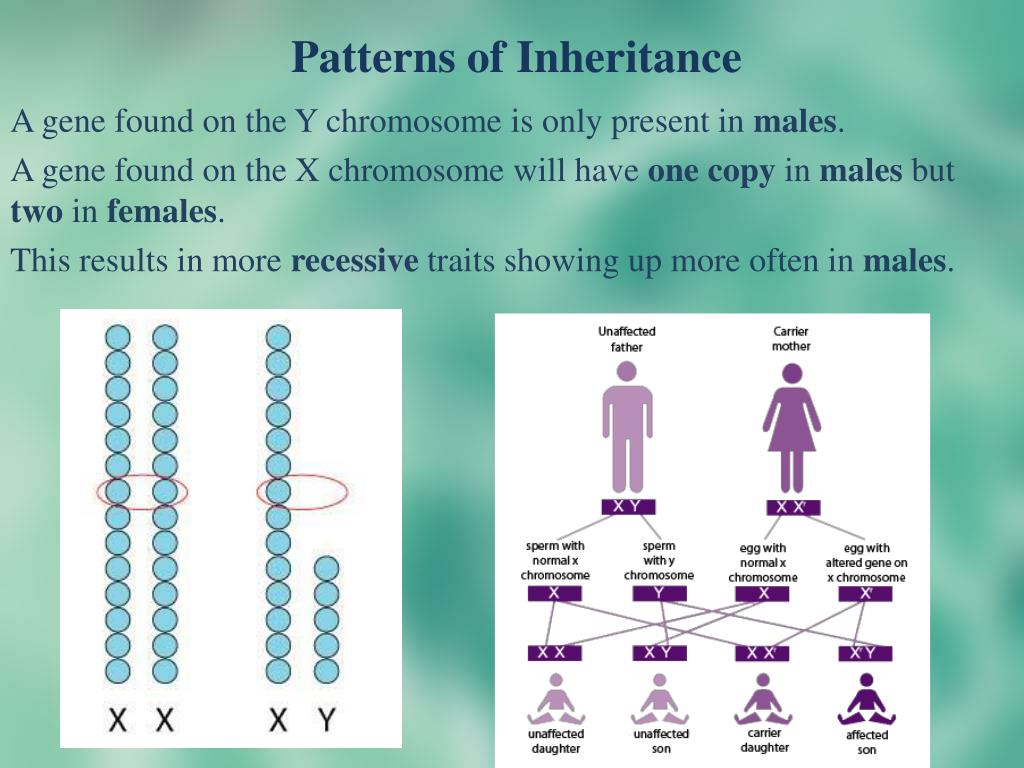Genetics Information
Genetic Terminology
Genome: The complete set of genetic material (DNA) of an organism.
Gene: A segment of DNA that contains the instructions for building a specific protein or RNA molecule.
Allele: One of the different forms of a gene, occupying the same position (locus) on a chromosome.
Dominant: A trait or allele that is expressed when present in only one copy.
Recessive: A trait or allele that is expressed only when present in two copies.
Co-dominant: A situation where both alleles of a gene contribute to the phenotype.
X-linked: Inheritance of a gene located on the X chromosome.
Autosomal Dominant: A pattern of inheritance where a mutation in one copy of the gene is sufficient to cause the disorder.
Autosomal Recessive: A pattern of inheritance where two copies of the gene, one from each parent, are required to cause the disorder.
Genetic Disorders
Down Syndrome: A genetic disorder caused by the presence of an extra copy of chromosome 21.
Cystic Fibrosis: A genetic disorder that affects the lungs, pancreas, and other organs.
Hemophilia: A genetic disorder that impairs the body's ability to control blood clotting.
Huntington's Disease: A progressive brain disorder caused by a mutation in the HTT gene.
Sickle Cell Anemia: A genetic disorder characterized by abnormal hemoglobin that causes red blood cells to become rigid and misshapen.
Color Blindness: A genetic disorder that affects an individual's ability to perceive colors.
Genetic Engineering
Recombinant DNA: DNA that has been artificially combined from different sources.
CRISPR-Cas9: A powerful gene-editing tool that allows scientists to modify specific genes.
Transgenic Organisms: Organisms that have had genes from another species inserted into their genome.


No comments:
Post a Comment